Jakarta One of the Largest Cities in the World is Sinking and It’s Costing $35B to Rebuild
Climate change and rising water levels are causing Indonesia’s capital city, Jakarta, to go underwater.
Now, Indonesian officials are building another capital city, Nusantara. However, it is expected to cost at least $35 billion and won’t be finished until 2045.
Jakarta Is Home to 40 Million People
Jakarta is Indonesia’s largest city and is home to 40 million people, many of whom live in the metropolitan area.
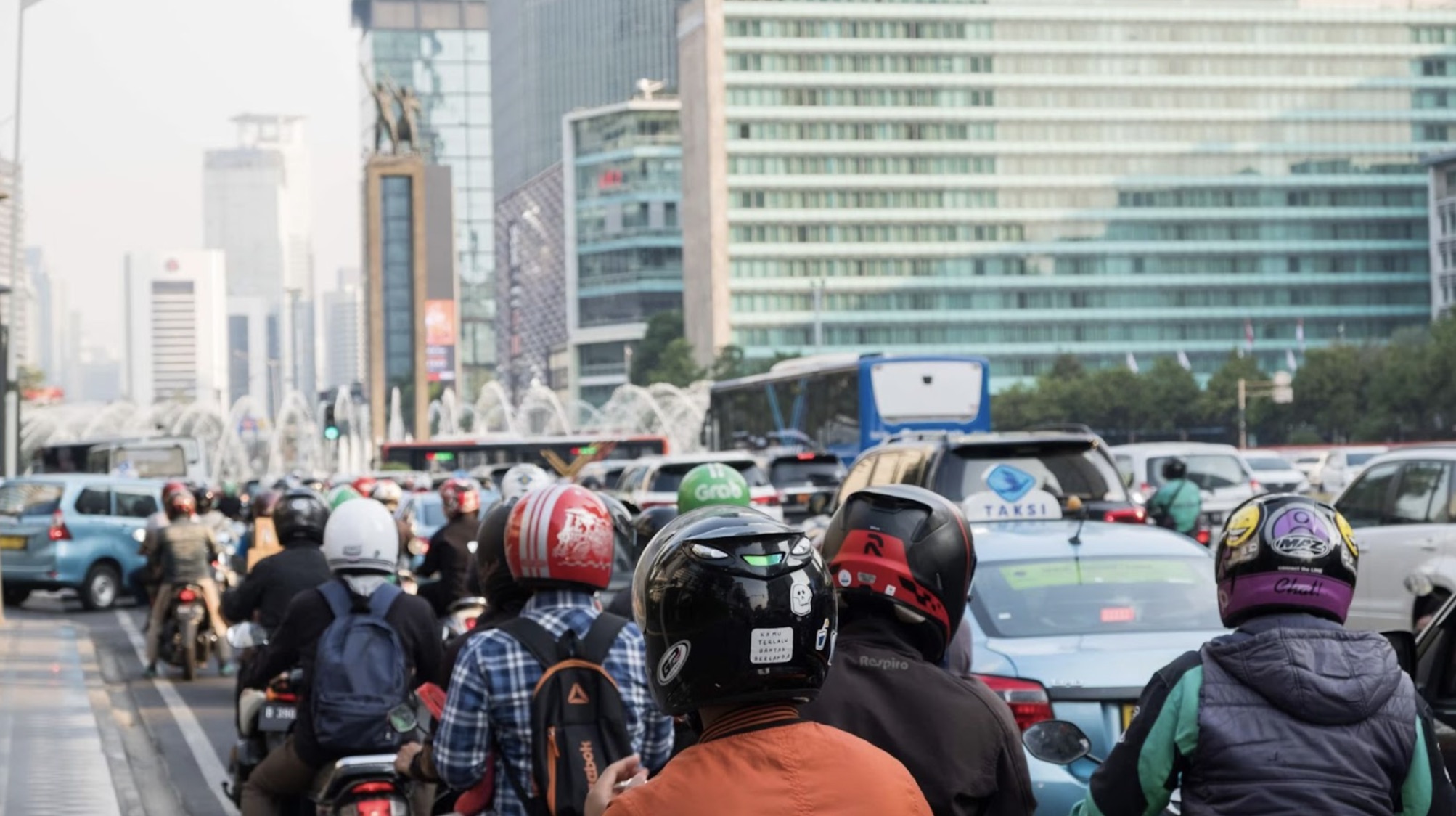
Source: Adrian Pranata/Unsplash
However, 40% of the city is now below sea level, and as water levels continue to rise, that percentage will also increase.
Wells Are Causing Jakarta to Sink Further
Many Jakarta residents lack access to piped water and are using illegal wells to obtain it.
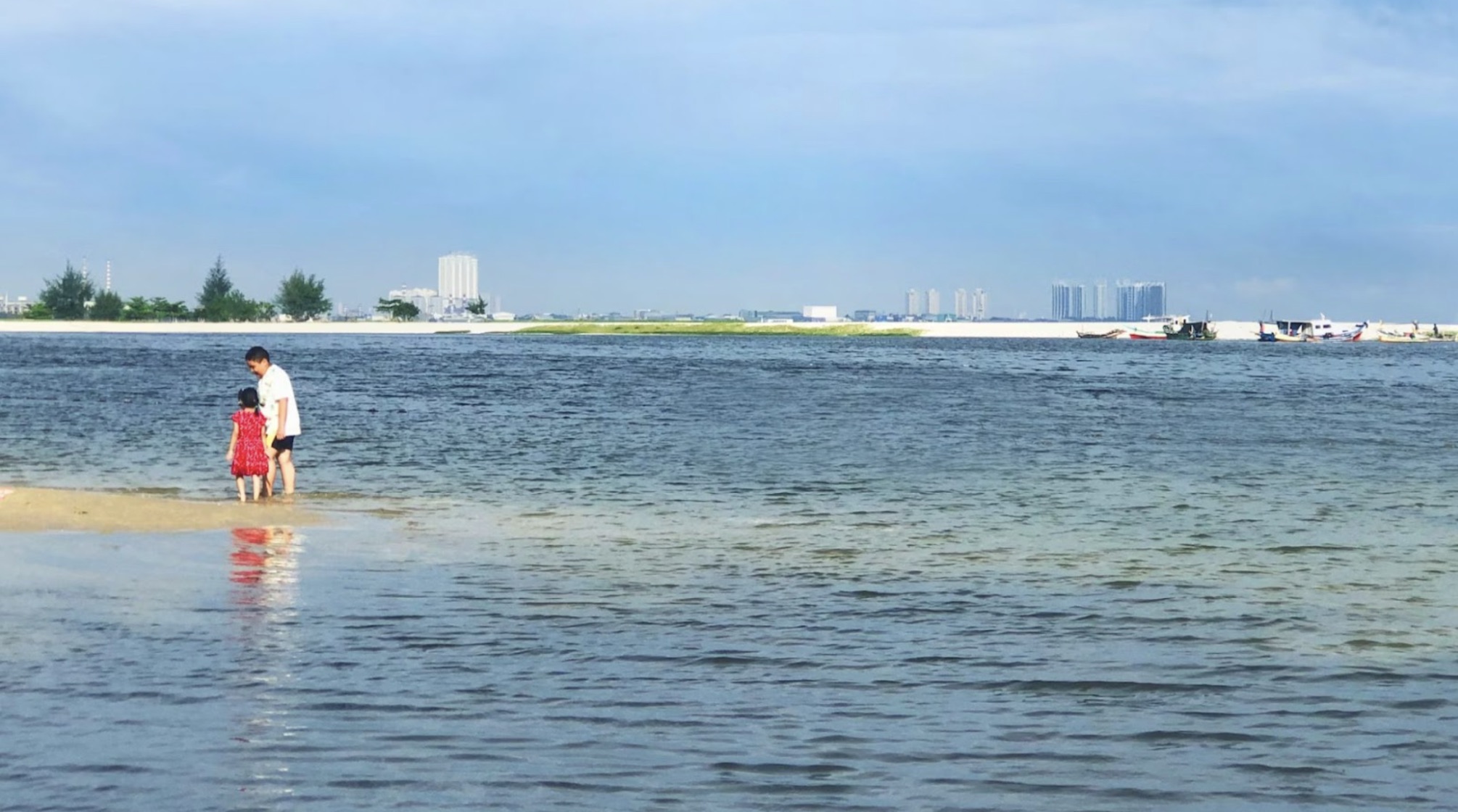
Source: Kelvin Han/Unsplash
However, this causes many problems. Using the wells depletes the aquifers, weakening the ground and causing the city to sink further.
Plans to Move to Jakarta Began in 2019
The plans to move Jakarta to Nusantara first started in 2019.
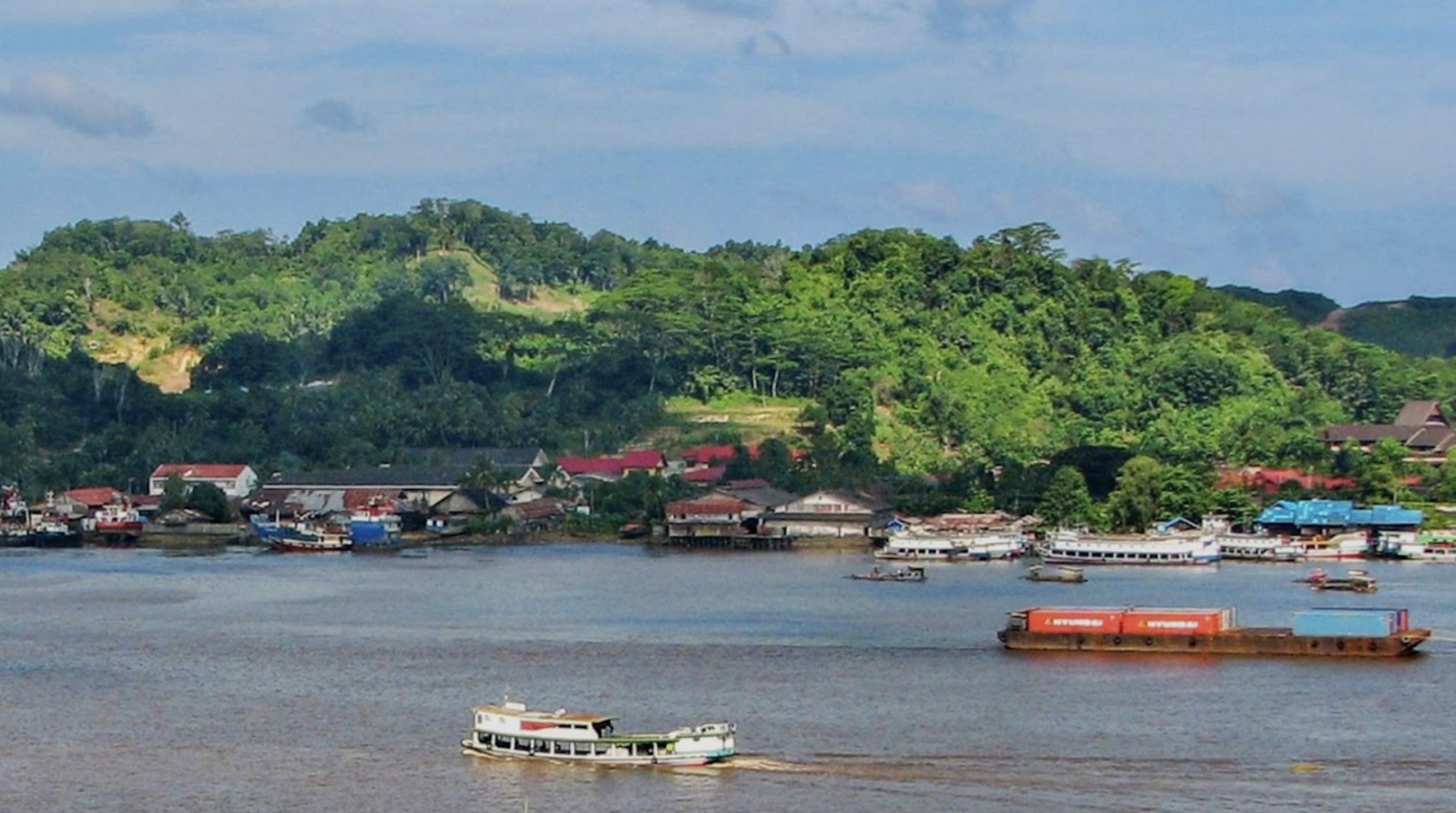
Source: Motomoto SC/Unsplash
This was where they chose East Kalimantan as the site for their future capital city because it’s close to the sea and has very little chance of earthquakes, tsunamis, or volcanic eruptions happening.
Climate Change Is Affecting Other Parts of the World
Climate change is one of the biggest causes of concern worldwide.

Source: Asile Clairette/Unsplash
The melting polar ice caps are changing how the earth rotates, which is expected to cause us to lose one second in time soon.
A Third of Jakarta Will Be Underwater by 2050
Experts predict that if things continue the way they have, at least a third of Jakarta will be underwater by 2050.

Source: Sabda Rhamadhoni/Unsplash
The new capital city of Nusantara is not expected to be completed until 2045 at the earliest, which could have catastrophic consequences if it doesn’t happen sooner.
Public Not Consulted on Indonesia’s New Capital City
Even though the move to Nusantara will likely cause many to leave their homes in Jakarta, the public has not been consulted.
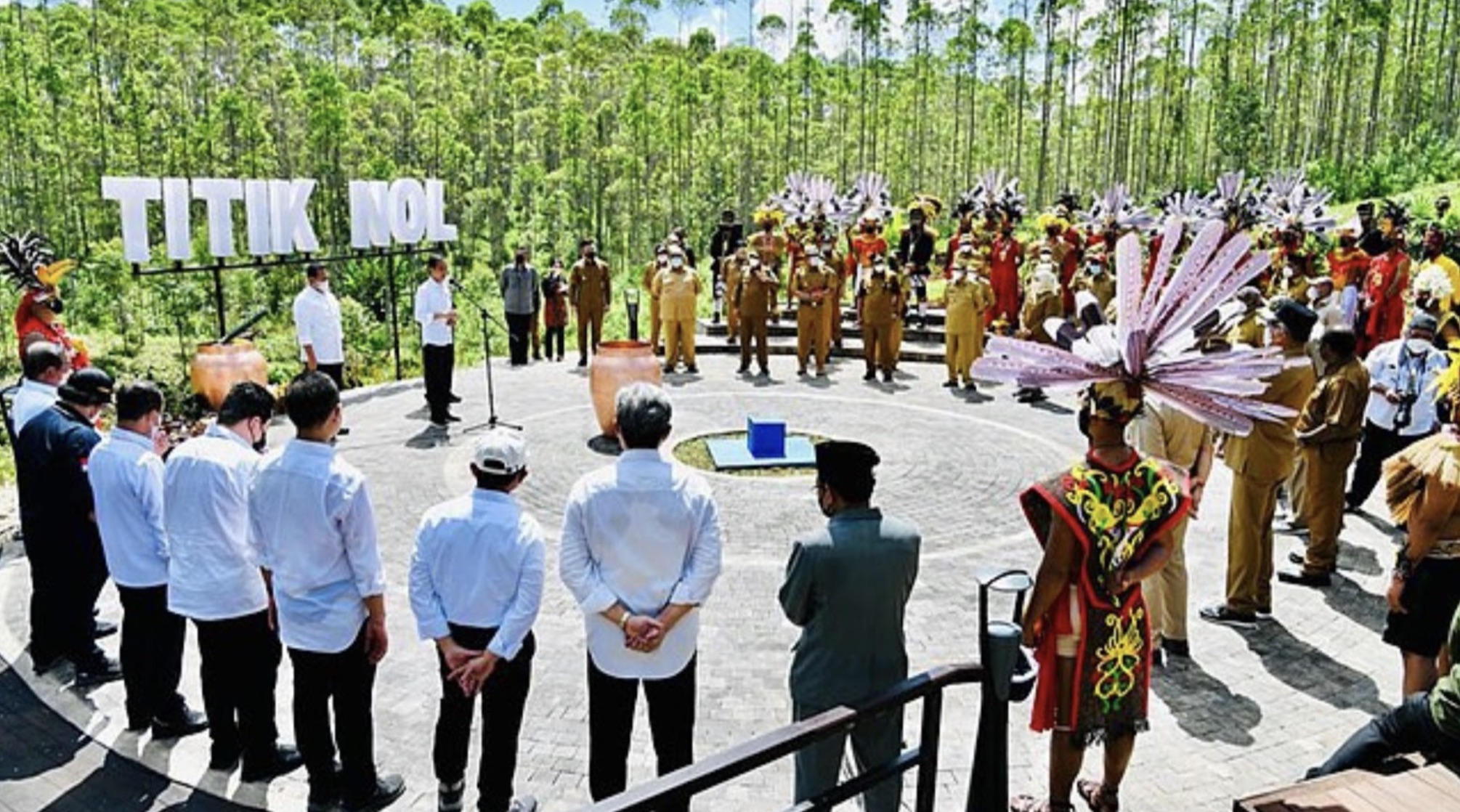
Source: Government of Indonesia/Wikimedia Commons
This comes after concerns about how this will affect Indonesia’s climate, including deforestation and a rise in pollution from coal mining and palm oil industries.
The Indonesian Government Are Committed to Making Nusantara a Green City
The official Nusantara website states that the Indonesian government is committed to making Nusantara a green city.
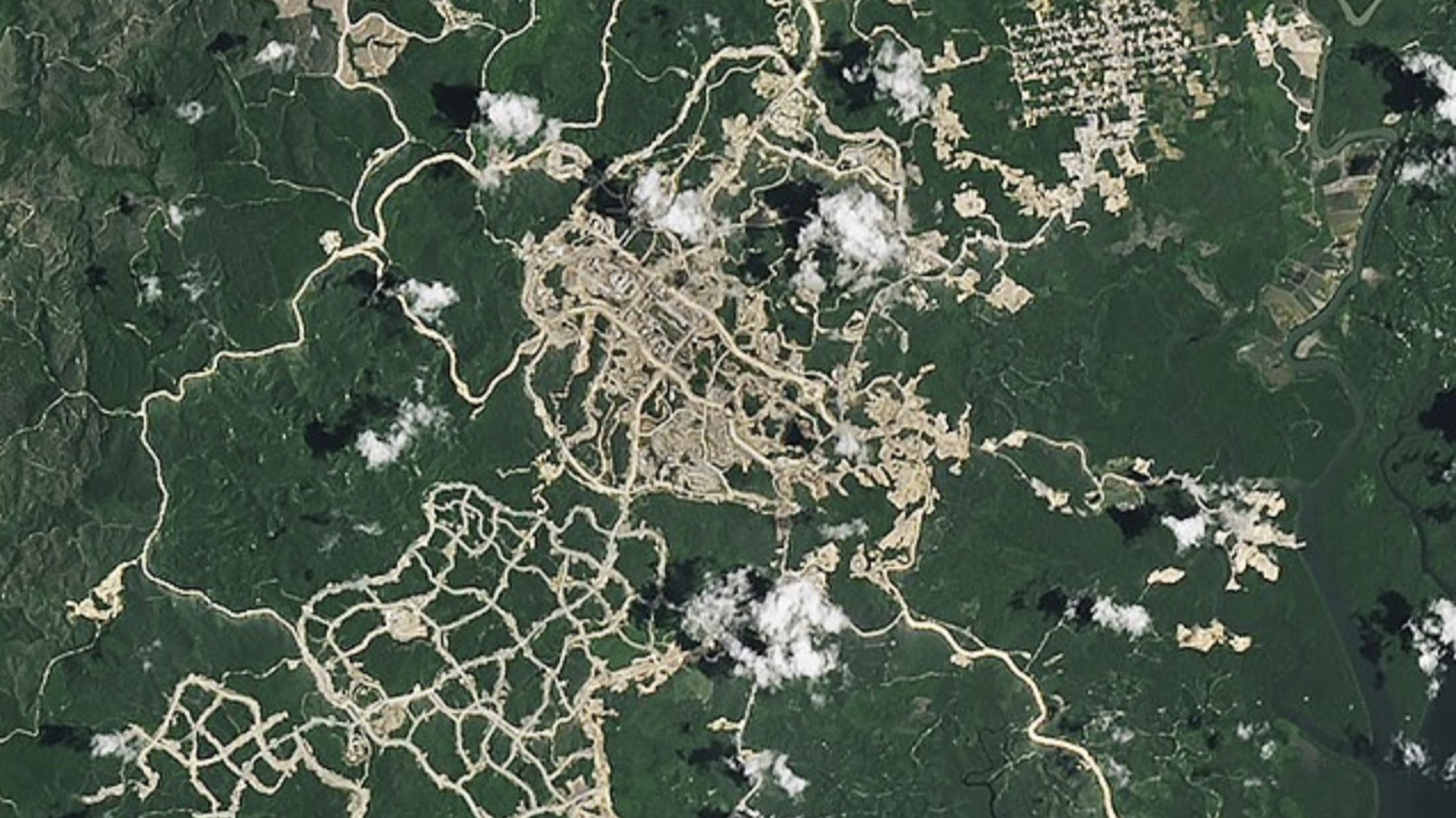
Source: NASA Earth Observatory/Wikimedia Commons
This means over 75% of the city’s Governmental Zone will be green, each resident will be able to reach a green recreational site in 10 minutes, and all buildings will be constructed using environmentally friendly methods.
Some Infrastructure in Nusantara Will Be Complete by August 2024
Although the entire Nusantara project will not be completed until 2045, some parts are expected to be finished much sooner.
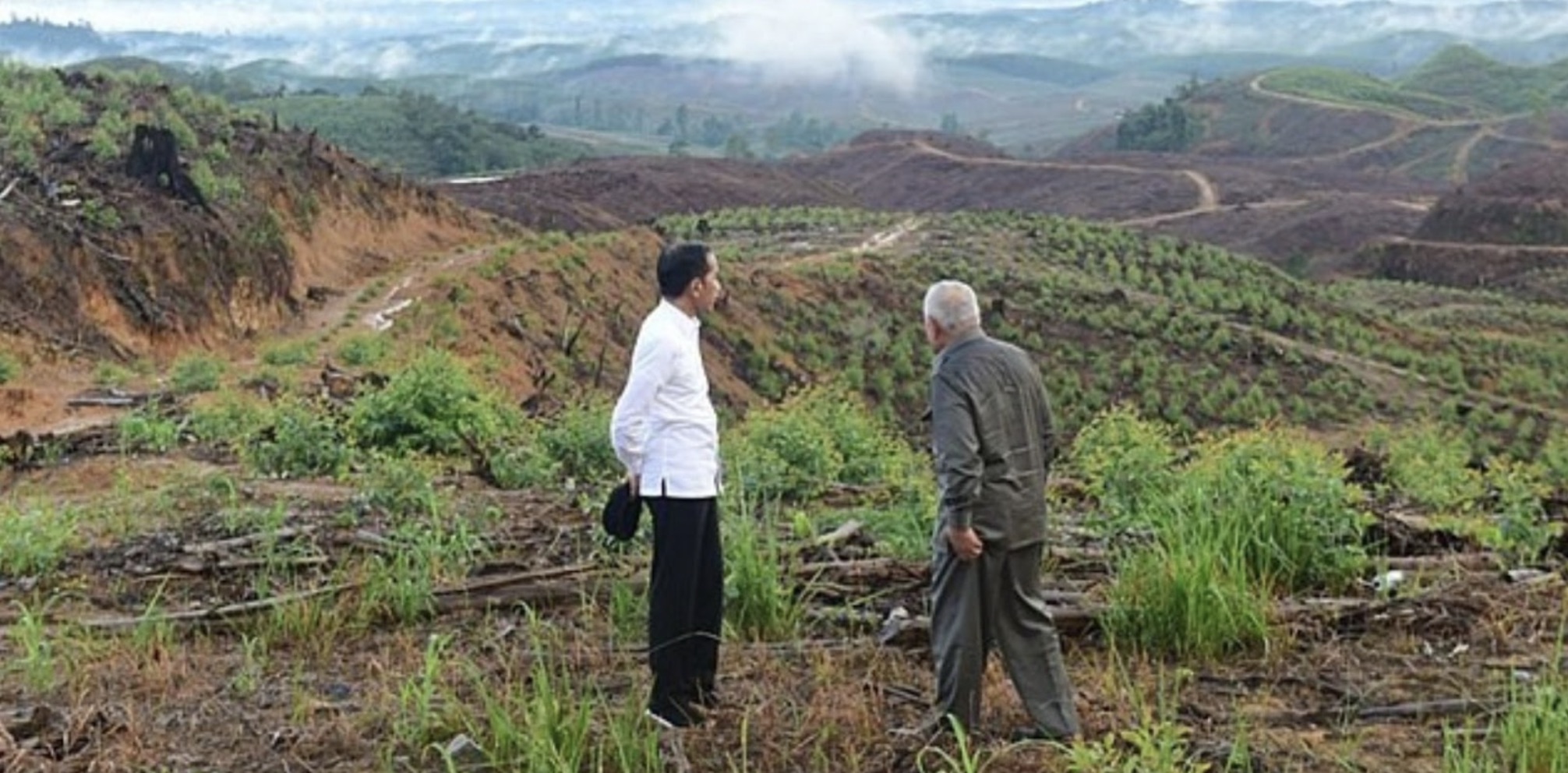
Source: BPMI President’s Secretariat/Wikimedia Commons
It is believed that the infrastructure for 500,000 residents in Nusantara will be complete by August 2024, which brings hope to many.
Government Workers Will Move to Nusantara in October 2024
When the first residents will move in is unknown; however, 6000 government workers are expected to move in as soon as October 2024.
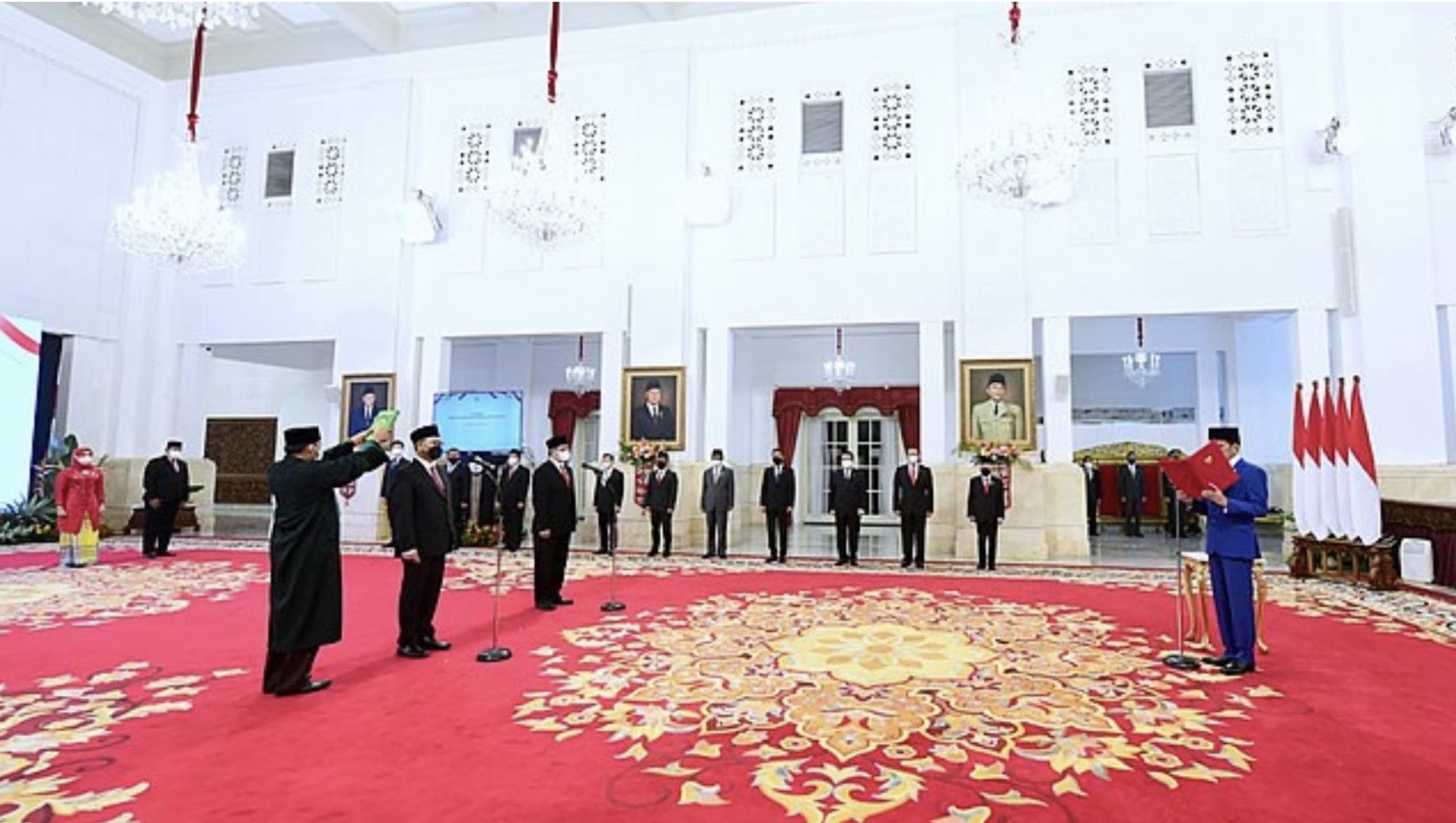
Source: Government of Indonesia/Wikimedia Commons
This is happening in time for the next president’s inauguration, which will happen in October. When finished, Nusantara will have a population of 1.9 million.
Building a City From Scratch Has Its Advantages
While Indonesia could have chosen one of its other cities as the new capital, building Nusantara from scratch was decided on because it offers advantages over a ready-made city.

Source: NASA Earth Observatory/Wikimedia Commons
Building Nusantara from scratch means having complete control over the city’s infrastructure, especially when keeping it green and climate-friendly.
Financing Nusantara Is an Issue
While the promise of building a new capital city in Indonesia will likely bring great relief to Jakarta’s residents, financing issues could be a problem.
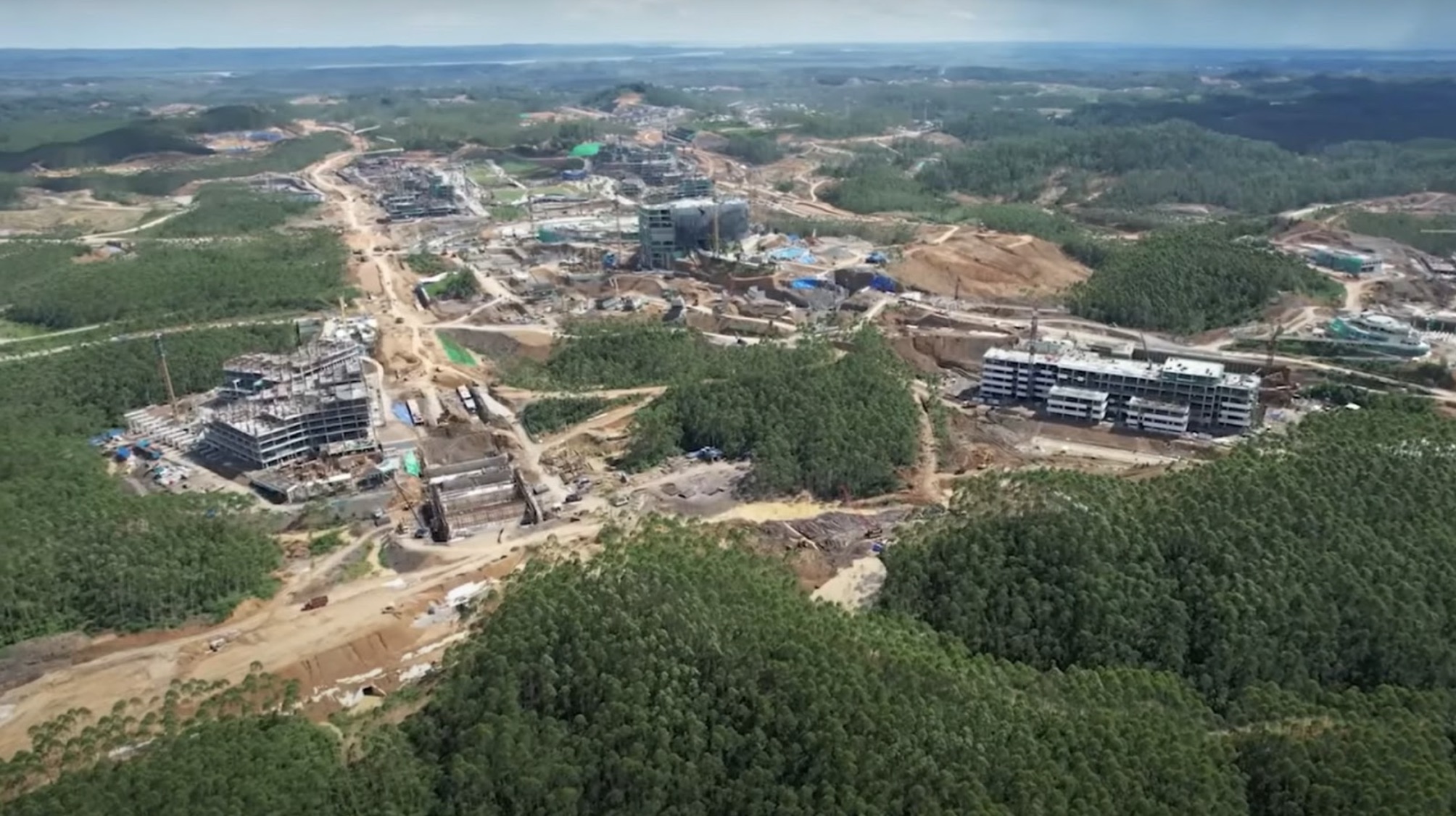
Source: MegaBuilds/YouTube
The Indonesian government is only committed to financing 20% of this project and is struggling to find the funds from elsewhere. Investments in the project will have to happen soon to ensure Nusantara is completed by the 2045 end date.
Global Relocation Efforts: A Comparative Perspective
Several cities globally have undergone relocation or major transformations, such as Egypt’s new administrative capital and Brazil’s historical shift from Rio to Brasilia (via The Economic Times). These relocations share common goals of managing overpopulation and environmental risks while aiming for greater economic efficiency.
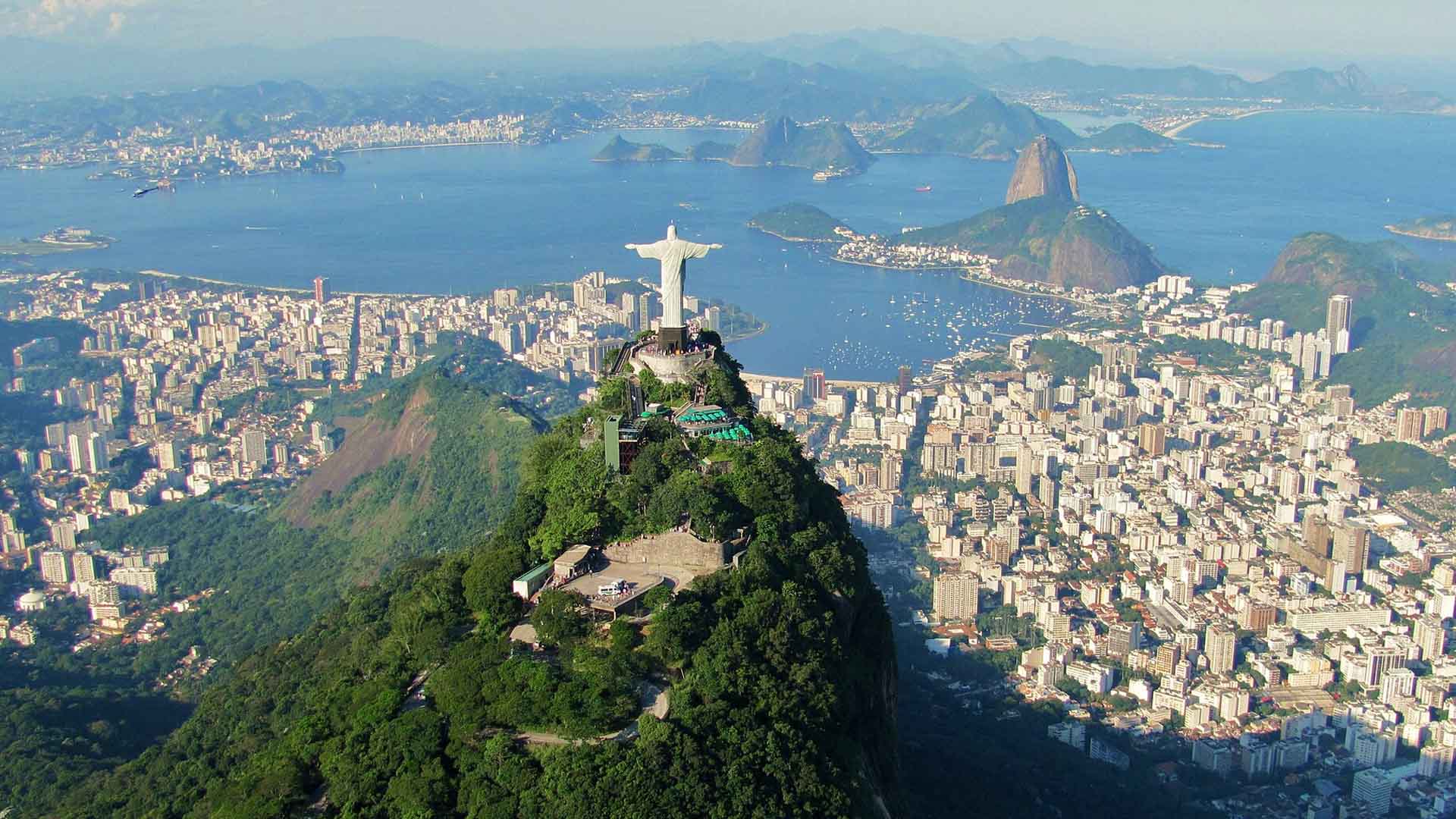
Source: Rafael Rabello de Barros/Wikipedia
The success of these efforts provides valuable lessons in urban planning and sustainability that could be applied to Nusantara’s development.
Economic Transitions in Jakarta
As Nusantara’s construction progresses, Jakarta’s local economy will face significant shifts. The movement of governmental and business operations to the new capital might depress property values and disrupt local businesses in Jakarta.

Source: Lukas/Pexels
However, this also presents opportunities for redevelopment and new industries to emerge in the old capital, potentially revitalizing parts of the city.
Preserving Jakarta's Cultural Heritage
Jakarta is rich in cultural and historical significance, posing challenges in maintaining its urban identity amidst the capital’s relocation. Efforts must focus on preserving historical landmarks and cultural heritage to keep the city’s identity alive.

Source: Seika/Wikimedia Commons
This cultural preservation can support tourism and educational initiatives, ensuring that Jakarta’s history is not overshadowed by Nusantara.
Environmental Blueprint of Nusantara
Constructing Nusantara involves extensive environmental planning to minimize ecological disruption and promote sustainability.
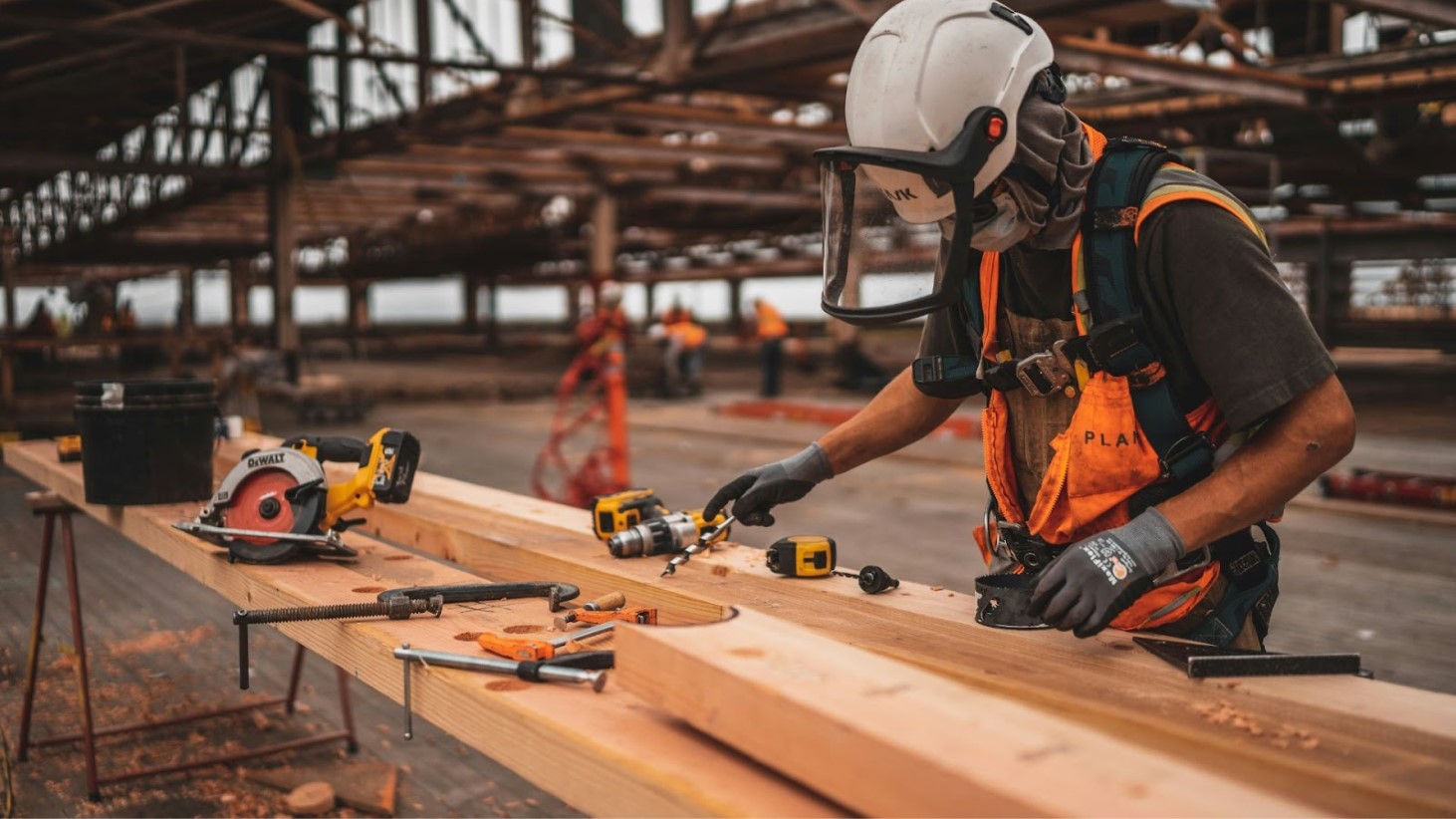
Source: Jeriden Villegas/Unsplash
This includes the integration of green spaces, adherence to low-carbon construction practices, and protection of local biodiversity — initiatives that are crucial in mitigating environmental impacts and establishing a model for future green cities.
Smart City Technologies in Nusantara
Nusantara aims to be at the forefront of urban innovation, incorporating smart technologies such as renewable energy systems, efficient waste management, and intelligent transportation networks.
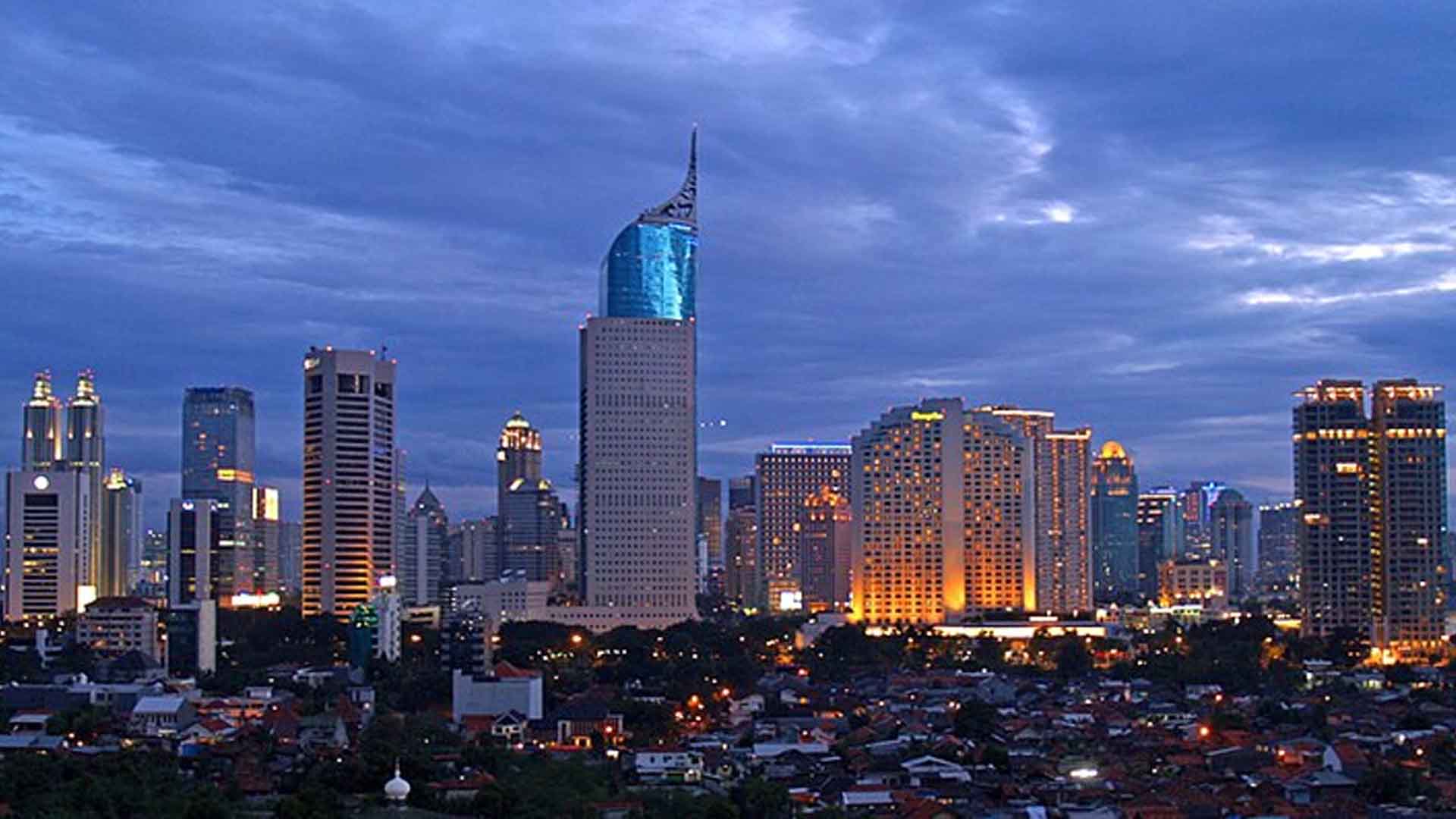
Source: yohanes budiyanto/Wikimedia Commons
These technologies could enhance residents’ quality of life and operational efficiency, setting a benchmark for future urban developments globally.
Legal Frameworks Facilitating Relocation
The relocation to Nusantara requires robust legal and policy frameworks to manage land use, environmental conservation, and infrastructure development.

Source: Tingey Injury Law Firm/Unsplash
Laws will need to ensure transparent and fair practices while fostering community participation and protecting local ecosystems, providing a strong foundation for the new capital’s growth.
Public Services Strategy for Nusantara
Nusantara’s development plan includes comprehensive healthcare, education, and social services to support its future residents.

Source: Freepik
These services are designed to be accessible and high quality, ensuring that all demographic groups are accommodated and can thrive in the new environment.
Disaster-Resilient Urban Design in Nusantara
Nusantara’s urban planning also incorporates disaster resilience strategies to safeguard against climate change and natural disasters.
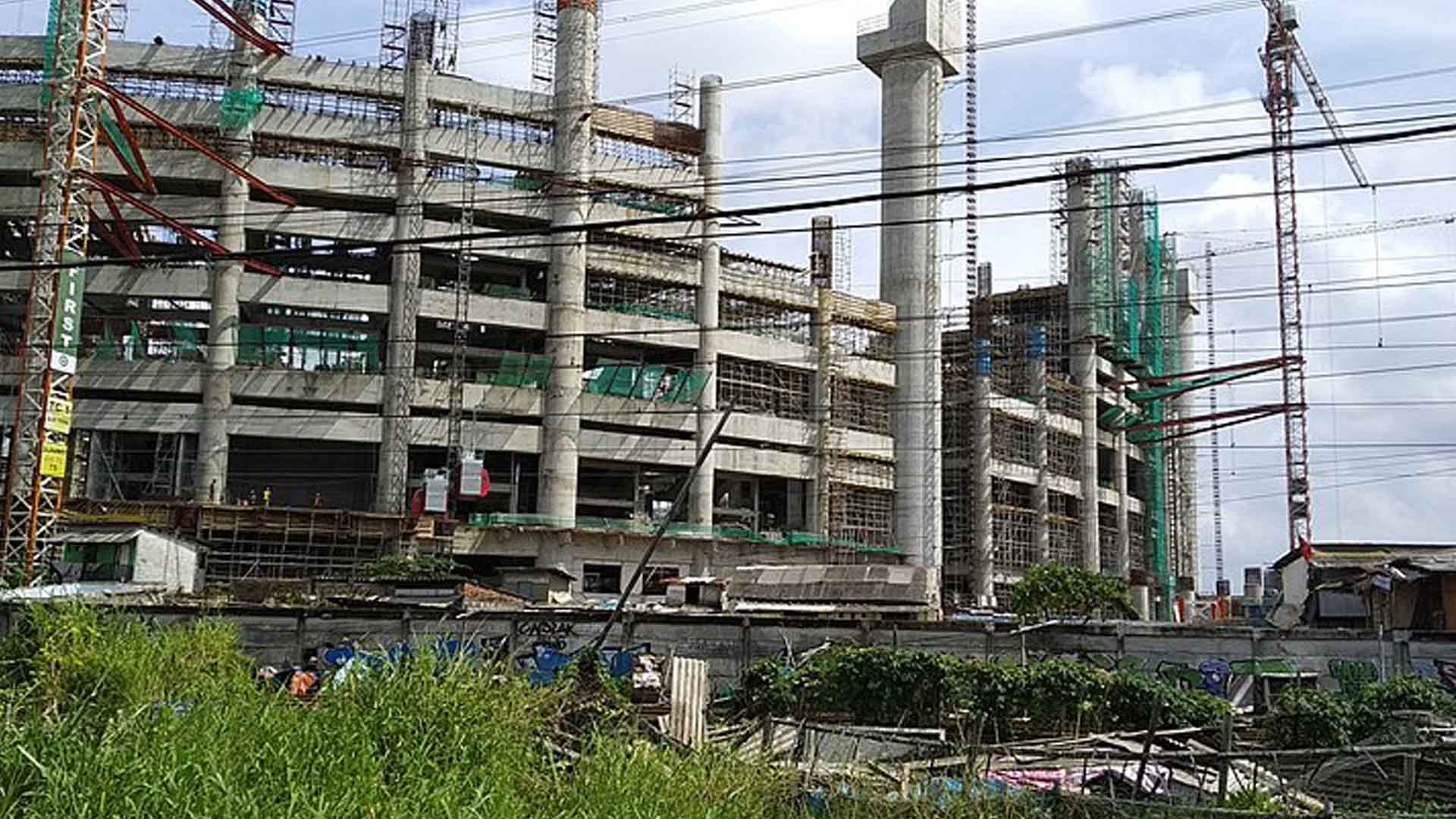
Source: RasyaAbhirama13/Wikimedia Commons
This includes building in safe zones, employing resilient construction materials, and planning for emergency services. Such proactive planning is essential to protect the city and its inhabitants.
Demographic Dynamics and Migration
The transition to Nusantara is expected to drive significant demographic changes, with diverse migration patterns reshaping both Jakarta and the new capital (via CNBC).

Source: Priscilla Du Preez/Unsplash
Understanding and managing these shifts will be crucial for social integration and economic stability, ensuring that both cities develop harmoniously.
Geopolitical Implications of the New Capital
Indonesia’s relocation of its capital could potentially influence its diplomatic relations, especially with neighboring countries.
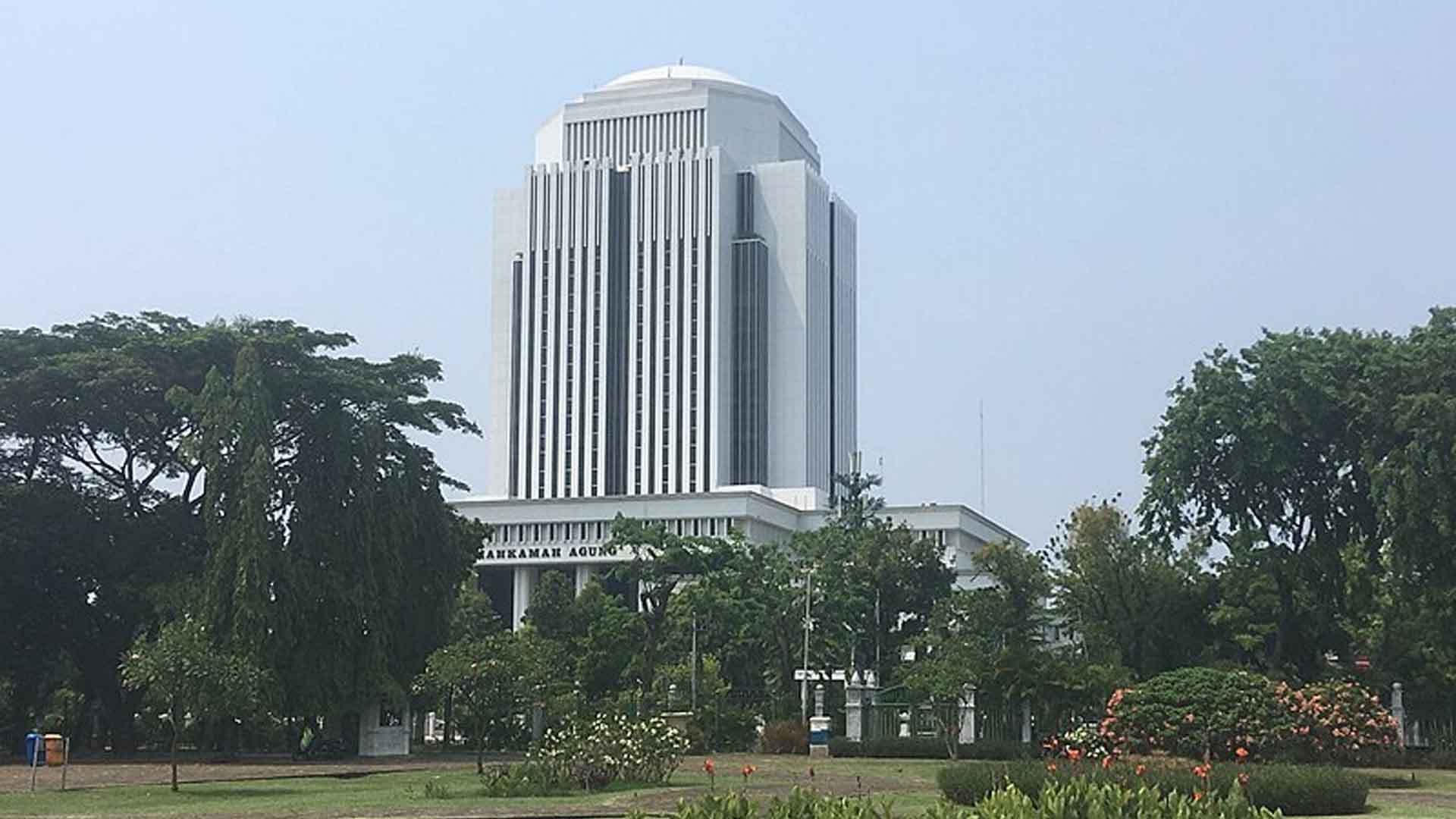
Source: Christophe95/Wikimedia Commons
Nusantara could serve as a symbol of Indonesia’s modernization and environmental consciousness, potentially enhancing its regional influence and fostering new international partnerships.
Tourism Development in Jakarta and Nusantara
While Nusantara is expected to attract new forms of tourism, Jakarta will continue to offer rich historical and cultural experiences.

Source: Freepik
Strategic tourism planning can help both cities benefit, with Jakarta highlighting its traditional and historical aspects and Nusantara showcasing innovation and sustainability.
Nusantara’s Vision for the Future
Nusantara is envisioned to evolve into a global model for sustainable urban living.
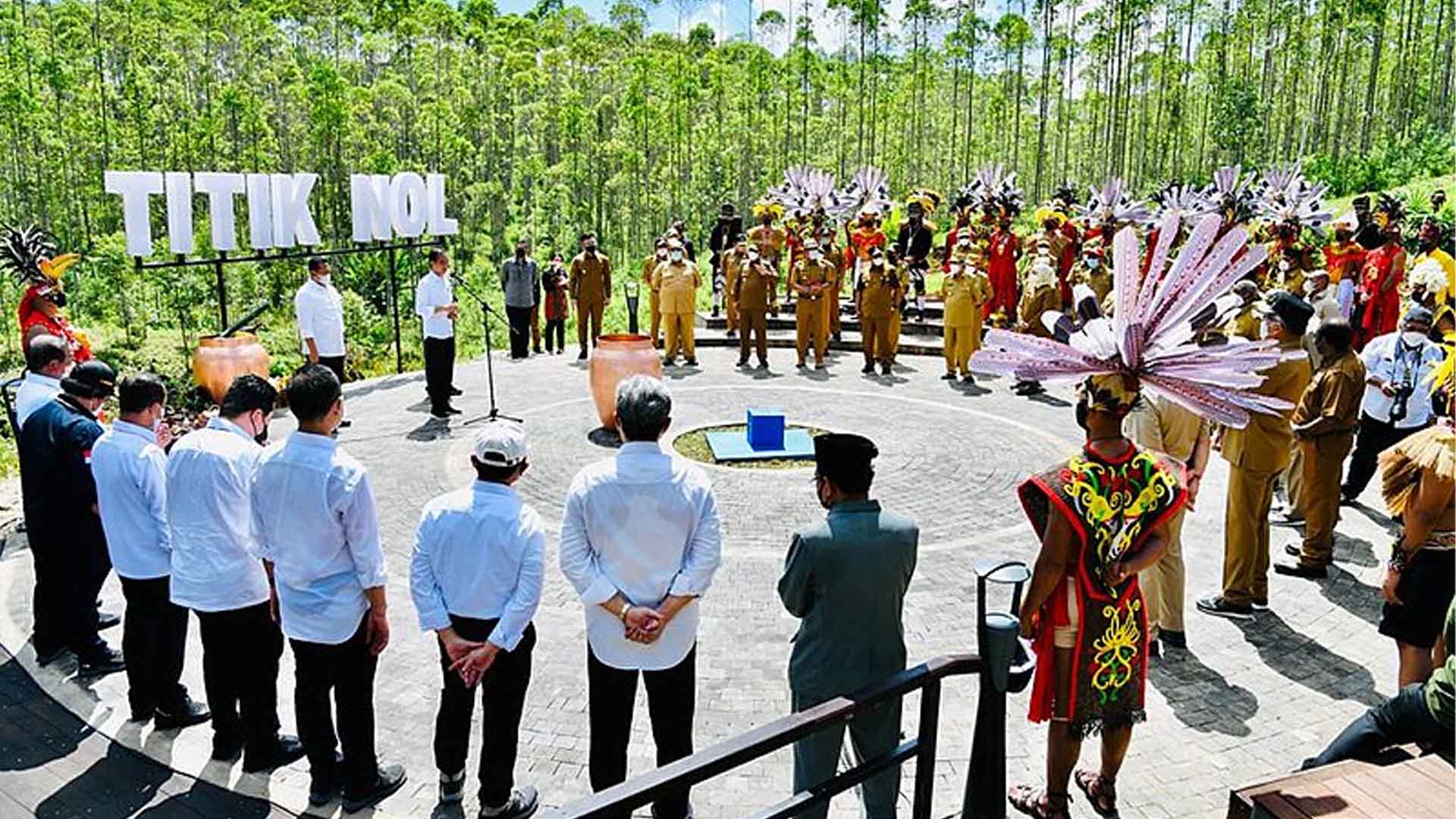
Source: Government of Indonesia/Wikimedia Commons
Future development phases will likely focus on expanding technological integration and enhancing quality of life, setting new standards for cities around the world in terms of sustainability and innovation.
